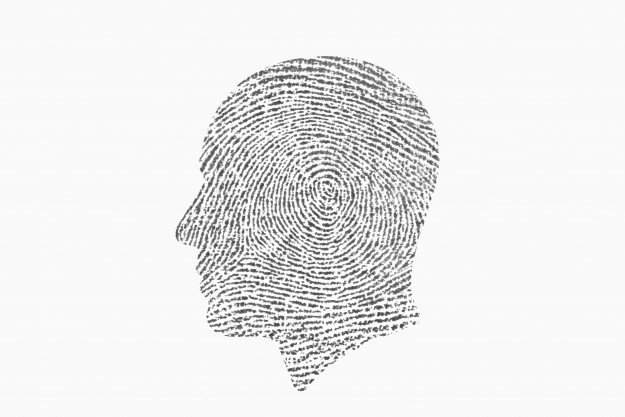In health care, we tend to value the new and the next, occasionally with a snub of the tried and the true. I’m thinking about how clinicians today build relationships with their patients.
Research findings differ, but on average, patients spend 10 or 15 minutes with their doctor during each visit. Because of changes in how insurance companies and the government pay for medical services, doctors increasingly need to spend more time on administrative tasks to document their care. Some physicians feel pressured to see more patients and perform more procedures to make up for flat or declining reimbursements.
Regardless of reason, when doctors are stressed about time, they cut to the chase to get the patient through that acute episode of care. Root causes, environmental factors, behavioral influences and other untreated health problems may go undetected or get brushed aside. Opportunities to educate and engage patients in their own health are untapped. And it’s more likely that patients will leave the exam room with a prescription rather than an understanding of their problem and/or a plan for behavior change like exercising more or quitting smoking.
The priority of medical professionals getting to know patients as people is under grave threat, and medical trainees today are being taught to embrace a medical model that emphasizes volume and process over value and experience.
In one effort to return patients to the center of care — where they belong — educators at Johns Hopkins have implemented the Aliki Initiative, a project that trains interns, residents and medical students to really get to know their patients so they can tailor evidence-based medical treatment for specific individuals’ needs.
The way we see it, the aspiration to provide precision medicine must include not only a person’s biology — genomics and all the other “-omics” — but also how his or her environment, community and behavior affect individual health.
The Aliki Initiative began at Johns Hopkins Bayview Medical Center in 2006 with a generous donation from Aliki Perroti, a Greek philanthropist who wanted to change medical education by focusing on personal care. The letters of the project’s name stand for Answers Like In Knowing the Individual. You can read more about the initiative’s key features here.
Over the last decade, the Aliki project has strengthened Johns Hopkins’ approach to restoring medicine as a public trust. It instills a core set of skills and behaviors that residents should demonstrate as practitioners. Every intern at Johns Hopkins Bayview Medical Center spends four weeks on the Aliki service, and the internal medicine residents spend an additional two to six weeks later in their residency.
They gather thorough social histories. They engage in unrushed, structured conversations with patients about how to take medications at home. They also make phone calls and home visits and check in with primary care providers to make sure patients are, in fact, getting better after discharge.
While Bayview has been the core of Aliki initiative, we have expanded the project across Johns Hopkins Medicine in recent years. The new residency program at Johns Hopkins All Children’s Hospital in Florida draws heavily on the Aliki model. And we’ve expanded the training to include nurses, social workers and chaplains.
The Aliki model has also spread beyond Johns Hopkins. We provide the curriculum’s materials to the public on MedEd Portal, a peer-reviewed open educational resource for the health sciences sponsored by the Association of American Medical Colleges. The medical schools of the University of Virginia and Brown University have adapted elements of the Aliki program. And physicians who were trained at Johns Hopkins Bayview are informally bringing the Aliki approach to clinics and hospitals around the world. These efforts have also inspired other clinical educators at Hopkins and across the country to look at residency training from a more patient-centered, holistic perspective.
There are no generic patients. We are teaching physicians to slow down and get to know each patient as a person. Taking this time will mean making more accurate diagnoses, providing better treatment choices, and achieving greater patient understanding and satisfaction — saving time, and lives, in the long run. In a future post, I will talk about how these efforts to spend more time with patients may also address the growing problem of physician and clinician burnout.

In Nursing theory we learn from the beginning to care the Client as an individual from the day one when the student enter the school of Nursing.
There is a specific topic on Patient as an Individual with an academic credit stipulated in the Syllabus. In addition we imposed during delivery of the Behavioural Science. This should be on going and reinforced as we nurses deal with patient 24hours a day. 7days a week and whole year with no gap.
This underscores the importance of nurses and the benefit of having the whole care team on the same page of treating patients like the individuals they are. Thanks for sharing!